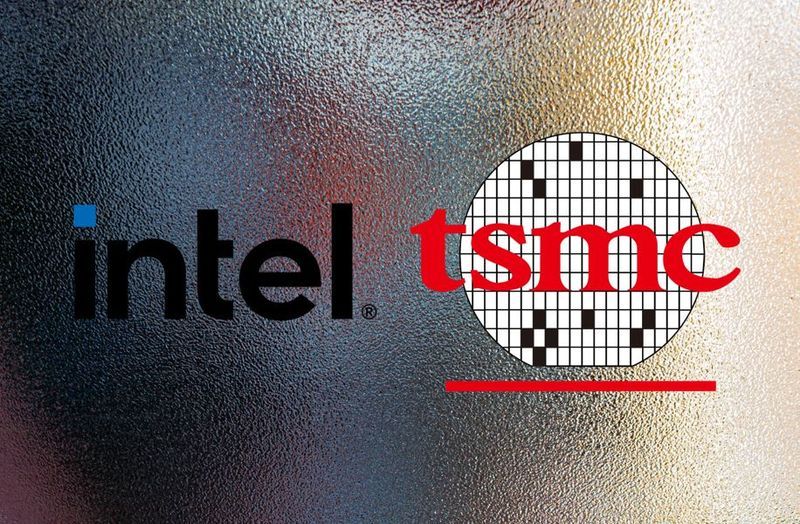TSMC has problems with the production of the 3nm process, which leads to a delay of up to 4 months. The immediate consequence would be a delay in the launch of products from Apple, AMD, Intel, Qualcomm, and others. That’s why it’s so important that the semiconductor manufacturer doesn’t fail, especially in an industry characterized by an oligopoly.
TSMC’s plans could fail, and the Taiwanese don’t make many mistakes in forecasting or planning. AMD is highly dependent on TSMC, but so are Apple and Intel, especially Apple with its SoCs for notebooks and desktops. All eyes are on the 3nm process, does Samsung have a chance?
Samsung and TSMC compete year after year for customers and foundry projects, so a mistake by one could be a win for the other. On the one hand, TSMC seems to be behind schedule with its 3nm node, while Samsung wants to start mass production of 4nm (LPE) and 5nm (LPP) in 2021.
But didn’t Intel make its own chips? Intel Core and Xeon do, but they wanted to delegate the manufacturing of Xe-HPG and HPC GPUs to TSMC because the Taiwanese already mass-produce 5nm and 6nm chips.
What happens with the delay of TSMC’s 3nm process? There will be a domino effect affecting all companies that have contracts with TSMC to manufacture 3nm chips.
The main ones affected would be AMD and Apple, but Intel would have to be added as the affected schedule is set for 2023. Semiconductor manufacturers will have to expose their most advanced processes to different phases: Development, Samples, and Mass Production (explained in simplified form).
TSMC itself has confirmed this delay, so it is not a rumor. However, there are many rumors:
- Apple and Intel would be the first customers to have 3nm: an iPad and a data center CPU.
- Intel would use the 3nm node for a graphics processor (Ponte Vecchio or Alchemist) and for three chips for data centers. So, ironically, it would be the first to be affected by the delay.
- What bothers me is that I can’t tell you why this delay occurred at TSMC’s 3nm, as neither of the two sources mentioned below confirmed it. The news has only focused on who is affected and not why this situation occurred in Taiwan.
However, Samsung has a unique opportunity to buy time and level the playing field again between semiconductor manufacturers. The Koreans are betting on GaaFET for their 3nm, but there are rumors that it will be delayed until 2024, which would be bad news – why are they having problems with 3nm?
